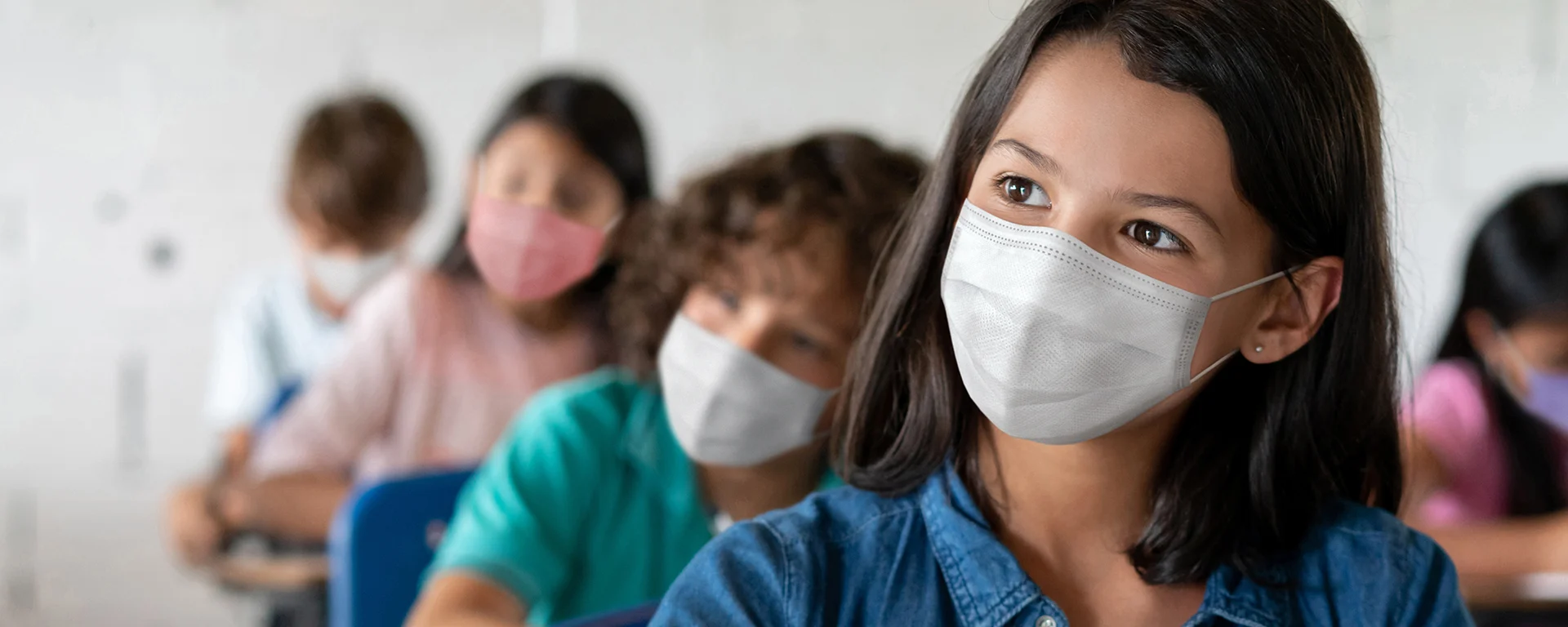At Last: COVID-19 Vaccines for Kids Under Five Are Here
Here’s why getting your littlest ones vaccinated now is a great idea.
Update March 14, 2023: The FDA has authorized Pfizer’s booster vaccine for children who are between six months and four years old. Children in this age group can get boosted as long as they got their first two COVID shots before December 2022.
Do you hear that giant, collective sigh of relief? That’s the sound of parents across America who can finally get their children who are between six months and five years old vaccinated against COVID-19.
On June 17, 2022, the FDA granted Emergency Use Authorization to both the Moderna and the Pfizer vaccines for children in that age group. The CDC has now approved their use and is recommending that all children at least six months old be vaccinated against COVID-19. Since states have been allowed to pre-order doses, that means anyone with an infant, toddler, or preschooler can go ahead and schedule their little one to get vaccinated. (If you’re in Florida, you might have to wait a bit longer, since that state chose not to pre-order.)
But while many parents have already hopped online and scheduled their children’s first COVID-19 shots, others may be wondering what the rush is. Here’s why it’s worth doing, and worth doing now.
Omicron is the toughest variant for small children yet. Omicron has put more than 11,000 kids in the hospital. At the height of the BA.1 wave, children from birth to age four were being hospitalized at a rate five times higher than the peak rates for any other variant.
Vaccination helps protect kids from getting severely sick with Omicron. During December 2021 and January 2022, when Omicron BA.1 was ramping up, kids who weren’t vaccinated were twice as likely to go to the hospital as kids who were vaccinated.
COVID-19 is mild for most kids — but not all. In 2021, COVID-19 killed about 600 kids. In an average year, the Flu kills about 120 kids. So for kids, COVID-19 is still at least five times more deadly than the flu.
Give your little one a superpower.
But what if your youngster has already had the virus? This might sound weird, but that’s yet another reason to vaccinate. Once you’ve gotten over COVID-19, you have pretty strong immunity but only for a short while. That immunity gets weaker over time. And it turns out that by itself, it’s not that good against new versions of Omicron, anyway. However, if you get vaccinated either before or after having the virus, you get a superpower called hybrid immunity. It’s stronger than either the immunity you get from either infection or vaccination alone.
So, does that mean you should rush your infant over to your COVID-positive friend’s house to get infected first, and then get your baby vaccinated later? Um . . . no. Remember those hospitalization numbers you just read about? They’re why that’s not a great idea.
Vaccination gives protection, not a magic force field.
And if your baby has had COVID-19 and gets vaccinated, does that mean she’ll never get COVID-19?
Folks, here’s the unvarnished truth: There is no perfect way to prevent everyone from getting this virus. As the virus continues to mutate, it’s finding ways to infect people even if they’ve been vaccinated. But getting infected is one thing. Getting sick enough to have to go to the hospital, or sick enough to die, is quite another.
The vaccines were invented with one major goal in mind: To keep people from getting very sick and dying from COVID-19. Over and over again, vaccines have shown that they can do that. As parents, we all want to give our children the best protection that we can. Against COVID-19, that means getting them vaccinated.






